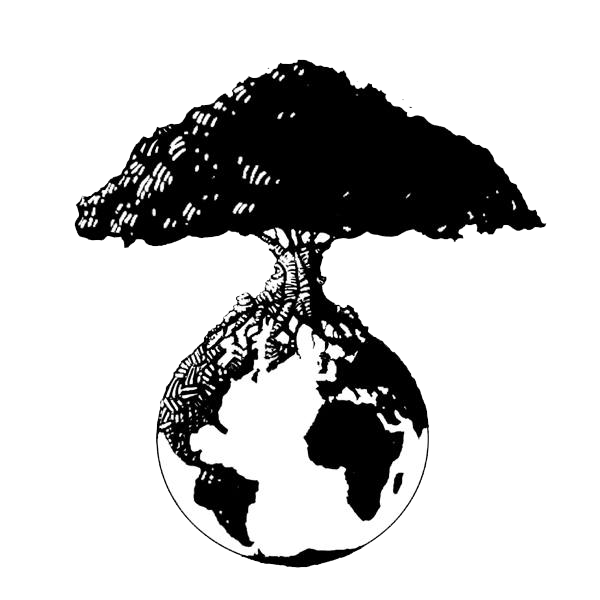During the coronavirus pandemic, knowledge of how cultural hegemony works is incredibly important. It is a time when, in the context of larceny capitalism without adequate oversight and transparency, we must be vigilant to see how the administration and legislature are funneling enormous sums of money to elite corporations with the power to manipulate financial […]
Category: Education: Cultural Hegemony and Critical Consciousness
Enable disproportionately white pre-service teachers to better understand how cultural hegemony and neo-colonialism have impacted Native communities–or see below the surface of our lives to find out what for them is normal natural and common sense, and ask if all communities have the same cultural realities, experiences and life chances—and WHY these differences exist. Come […]
Not everyone agrees as to what the right definition of a religion is. Some would argue that a religion is a sociocultural system that permits certain beliefs, morals, ethics, worldviews, narratives and texts, sacred places, prophecies, behaviors, practices, and organizations that relate human beings to supernatural, transcendental, and spiritual world. Sone would argue that a […]
Colonialism is the practice of establishing territorial dominion over a colony by an outside political power. This dominion is characterized by military power, cultural and territorial exploitation, expansion, and maintenance. It is the process of securing control over territories by extending limited rights and/or retaining tight authority over people and territories. Neo-colonialism is a more […]
Cultural hegemony is a process by which some members of the oligarchy in our cultural diverse society manipulate the norms, values, beliefs, perceptions, customs and practices of people on the downside of power so that the worldview of the majority remains and/or become the accepted cultural norm. Some of the tools through which this process […]
Ethnic Studies: Equity, Equality & Equal Educational Opportunity Characteristics of a Culturally Responsive Teacher (Richly & Graves) Ability to respond to the needs of all of the students in the classroom Demonstrate caring and empathy (high expectations) Reflective about their beliefs about other cultures (confront the stereotypes we embody) Reflective about own cultural frames of […]
Social class is defined as a division of a society based on wealth, income, education and social status. The Native community is disproportionately low-income and poor relative to the general American population. Many families living on the reservation are near or below the poverty line. At Lac du Flambeau, the median household income is $20,451. […]
HCAT (Healthier Community Action Team) coalition is a balance of expertise in the community committed to improving behavioral health through several distinct programs and strategies. The collaboration reflects government, schools, tribal community leaders, tribal health center, court systems, human services, law enforcement, tribal Head Start, elders, LDF Veterans Association, Cultural & Ojibwe Language. HCAT was formed […]
“Race” is a complex, bifurcated narrative; it is a double-sided coin. On one side of the coin is the category of Whiteness or unearned advantage. On the other side of the coin is racism or unearned oppression, which reflects the power of Whiteness to exclude, benefit from, and enact violence on those who do not […]
In Native ontology generally, not only do we need to show respect for non-human forms of life but all forms of life are worthy of respect and inclusion. Gender is understood in a less binary (he/she) fashion. Rigid categorization is not normal. People can identify as 2-spirit beings, while being male- or female-bodied. Native gender […]
